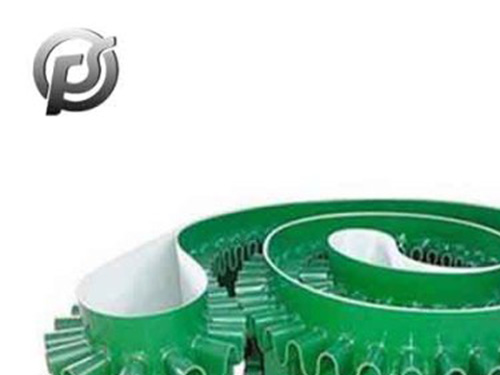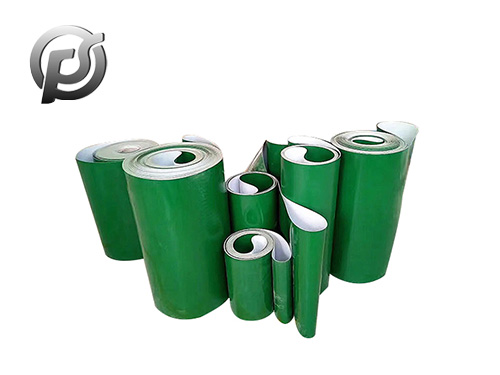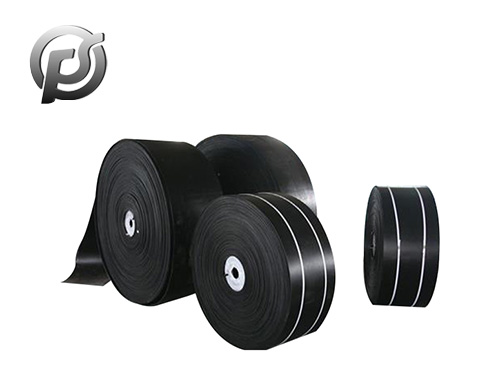Stone conveyor belts are essential equipment in various industries, facilitating the seamless transport of heavy materials such as stones, aggregates, ores, and minerals. This article explores the diverse applications and benefits of stone conveyor belts in industrial settings.
In the mining and quarrying sector,
stone conveyor belts are instrumental in transporting bulk materials from extraction sites to processing plants or storage facilities. These belts are designed to withstand harsh conditions, including abrasion, impact, and heavy loads, ensuring reliable and continuous material handling operations. By automating the transportation process, conveyor belts improve productivity and reduce manual labor requirements, enhancing overall efficiency in mining and quarry operations.
Construction sites also rely on stone conveyor belts to streamline material handling tasks. From transporting crushed stone and gravel for road construction to conveying concrete blocks and bricks in building projects, conveyor belts play a vital role in optimizing construction workflows. Their ability to move heavy loads efficiently and safely minimizes downtime and labor costs, contributing to timely project completion and cost-effectiveness.
Moreover, stone conveyor belts find applications in industrial manufacturing processes. Industries such as cement production, steel manufacturing, and power generation utilize conveyor belts to transport raw materials, intermediate products, and finished goods within production facilities. By integrating conveyor systems into manufacturing processes, companies can achieve smooth material flow, reduce handling errors, and improve operational efficiency.
The benefits of stone conveyor belts extend beyond material transport. Many conveyor systems are equipped with advanced features such as variable speed control, automated sorting, and remote monitoring capabilities. These features enhance precision, flexibility, and safety in material handling operations, allowing companies to adapt quickly to changing production demands and improve workplace safety standards.
Furthermore, conveyor belts contribute to environmental sustainability by minimizing material spillage and reducing energy consumption compared to alternative transportation methods. Modern conveyor belt designs incorporate eco-friendly materials and energy-efficient components, aligning with global efforts to promote sustainable practices in industrial operations.
In conclusion, stone conveyor belts play a crucial role in enhancing efficiency, productivity, and safety across various industries. From mining and construction to manufacturing and logistics, the versatile applications and benefits of conveyor belts make them indispensable assets in modern industrial environments, driving continuous innovation and improvement in material handling technologies.
 Stone Conveyor Belt: Enhancing Efficiency and Productivity in Material Handling
Stone Conveyor Belt: Enhancing Efficiency and Productivity in Material Handling
 Optimizing Operations with PE Conveyor Belts: Durability, Efficiency, and Versatility
Optimizing Operations with PE Conveyor Belts: Durability, Efficiency, and Versatility
 Exploring the Efficiency and Versatility of Light Conveyor Belts
Exploring the Efficiency and Versatility of Light Conveyor Belts